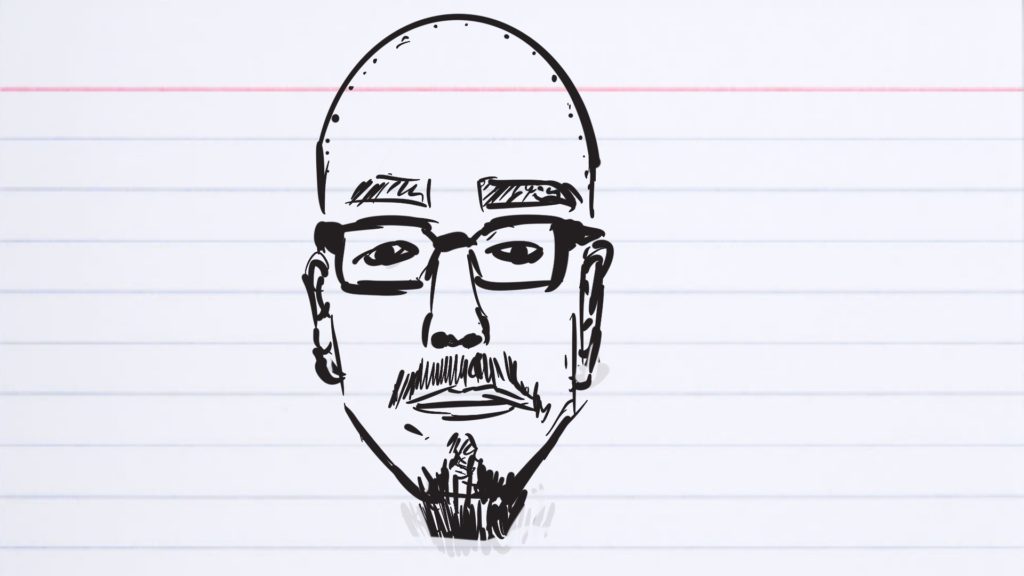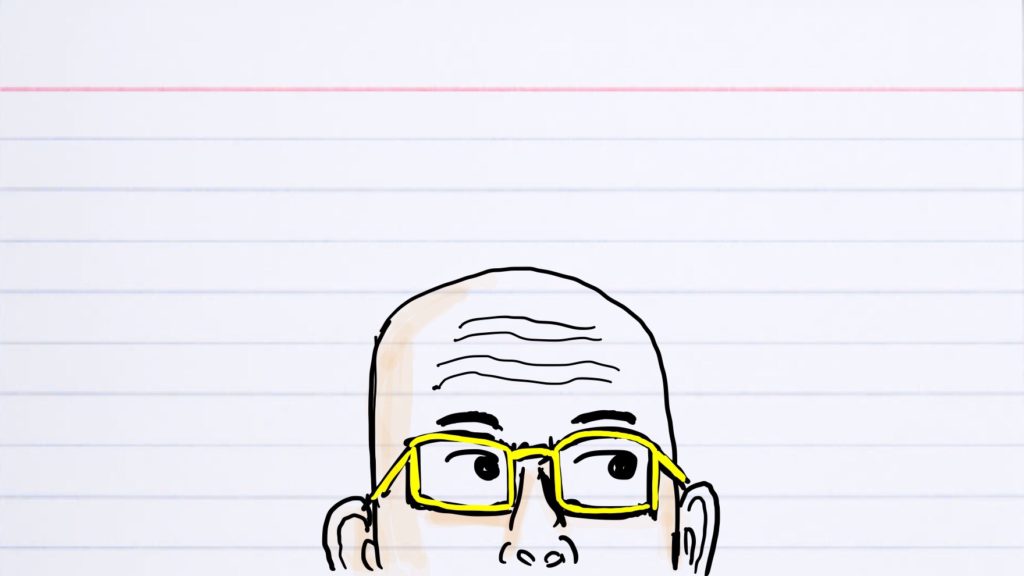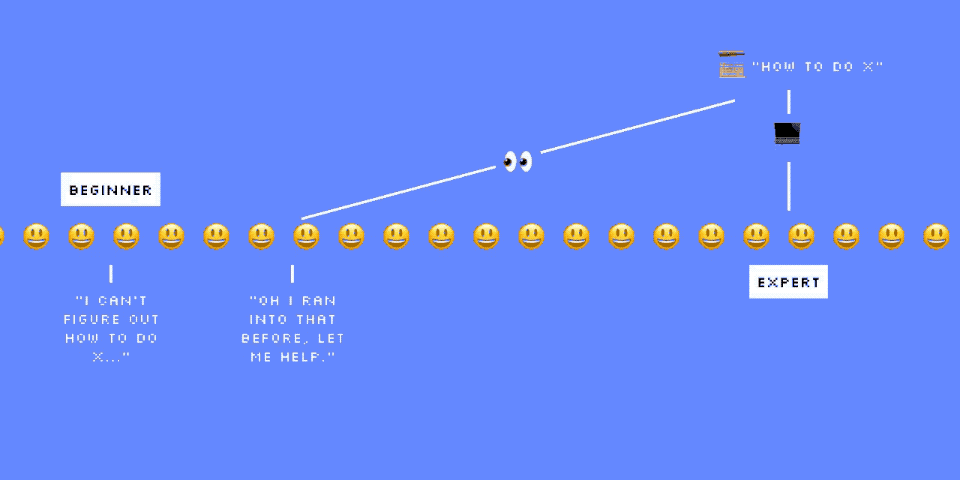This week I’m talking about “Hackers and Painters” by Paul Graham.
- “Do Things that Don’t Scale” – Paul Graham’s essay.
“When you only have a small number of users, you can sometimes get away with doing by hand things that you plan to automate later.“
- “Revenge of the Nerds” – Paul Graham essay.
- That Tim Ferriss & Derek Sivers thing about The Magic of Thinking Big:
“And, it’s also one of those books, sorry, but I’m getting defensive. But, it’s one of those books that I read in around 2000, maybe a year or two after college, and I was in a shitty 100-plus hour a week job, where I was sleeping at my desk, and sitting the the fire exit, because that’s the only place they can fit me. But, yeah, it has to catch you at the right time.”






